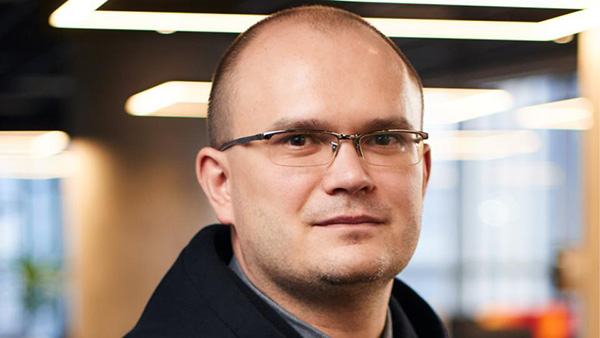
Illya Rodin is Chief Solutions Architect at the Ministry of Digital Transformation of Ukraine.
Ukraine has already developed several digital identity documents. What have you learned that might be helpful to the POTENTIAL project?
We started our work in this area in 2019. Today, we offer Ukrainian citizens 14 different kinds of digital documents, including ID cards, passports, driver licenses, student cards, pension cards and many others.
We have learned that it is very convenient and easy for people to use them. People understand that these are not just a scan of their paper or plastic ID cards; they can see that these are truly electronic documents.
We have also seen the importance of integrating digital documents into services that are widely in demand from the public and from businesses. Ukrainian digital documents are already accepted by more than 700 large organisations and several thousand smaller ones. We sign agreements with these organisations, and we help drive integration with an onboarding kit and an active support team.
What are the main benefits that Ukraine could gain from aligning its infrastructures with European standards within the POTENTIAL programme? How could this strengthen Ukraine’s position within the consortium and foster cooperation with other member countries?
First and most importantly, we believe that Ukraine will be a Member State of the European Union some day, and in fact we are actively working to become part of the EU. So as a result, it is important to us to align our digital infrastructure with this European standard.
As members of the POTENTIAL Consortium, we want to be active in the technical decision-making group. We want to share our experience and we want to learn from others. But the most important thing for us is to have a service that makes life easier and more convenient for our citizens. Enabling the interoperability of electronic documents across the borders of EU countries will do just that.
Are there specific areas where Ukraine could bring its expertise to the Potential consortium?
Yes, definitely. First, of all, we have concrete experience in the practical implementation of a digital wallet. We successfully developed, tested and launched a mobile “super app” with digital ID documents integrated into a range of digital services – and we did it in just a few months in outrageously difficult circumstances in the middle of a war. We learned a lot from this high-speed, mobile-first approach that we are already sharing with the Consortium.
We also have experience promoting and popularizing this sort of service. In Ukraine, in fact, the digital ID app became part of pop culture. Online figures and influencers talked about how the government did this, and it led to massive uptake and adoption. Now Ukraine Digital Services are just an ordinary part of everyday life for our citizens.
